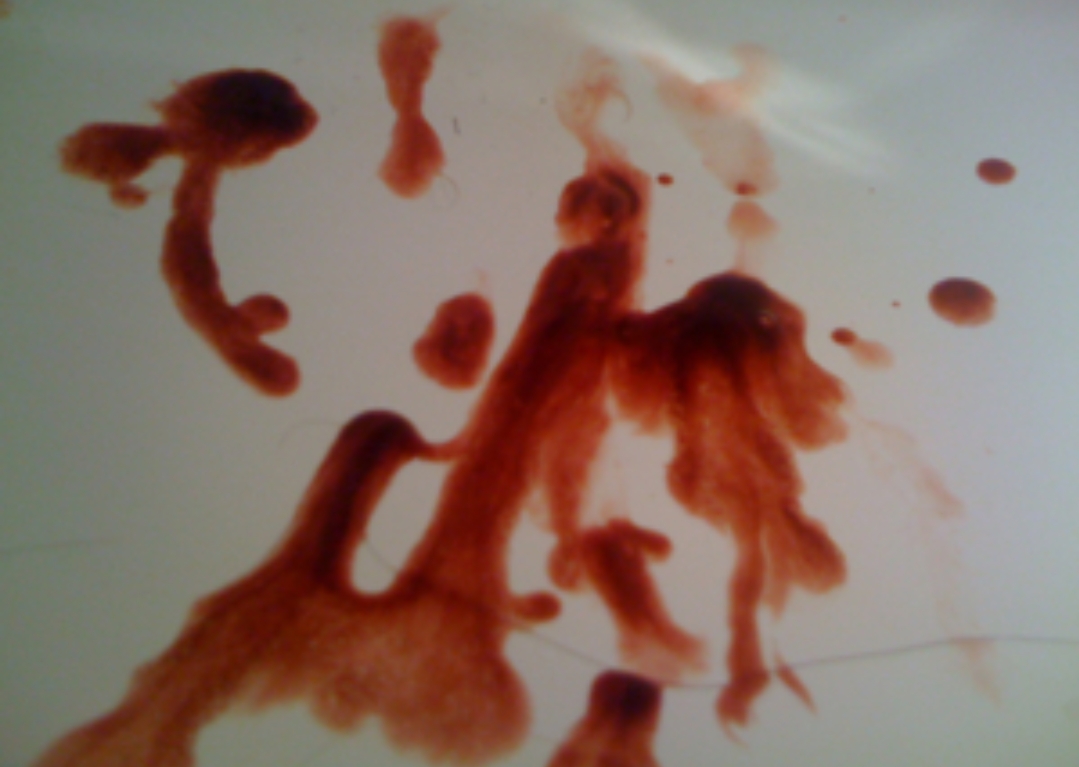10 symptoms that prove vitamin B deficiency in the body

Follow our page on FacebookFollow our page on YouTubeExpressive Vitamin B is an important group of nutrients that are vital to maintaining overall health and vitality. It consists of 8 different vitamins, each of which plays a unique role in supporting cellular functions and maintaining high energy levels. However, a deficiency in any of the B vitamins can lead to various symptoms that indicate an imbalance in the levels of nutrients in the body. There are 10 signs that indicate a vitamin B deficiency, according to the “times of india” website. 1- Constant fatigue Feeling constantly tired despite getting enough sleep may be a sign of a vitamin B deficiency, as B vitamins are integral to energy production within cells. Without adequate supplies, your body may have difficulty converting food into energy efficiently, leaving you feeling drained and lethargic.
2-Numbness and tingling Tingling or numbness, especially in the hands, feet, or other extremities, may be due to a deficiency in vitamin B12, which plays a crucial role in maintaining healthy nerve function. Without enough vitamin B12, nerve signals can be disrupted, leading to these uncomfortable sensations. 3. Muscle weakness Muscle weakness, accompanied by a general feeling of physical weakness, can indicate a deficiency in certain B vitamins. These nutrients are essential for muscle health and strength, and insufficient levels of them can lead to muscle weakness and even difficulty performing routine tasks. 4. Mouth ulcers Recurring mouth ulcers or cracks in the corners of the mouth may be a sign of insufficient levels of B vitamins, especially B2 (riboflavin) and B3 (niacin). These vitamins play a crucial role in maintaining healthy skin and mucous membranes, and their deficiency can manifest as painful ulcers or irritation in the mouth. 5. Dizziness and lightheadedness Dizziness, especially when standing up quickly, may be a symptom of low levels of vitamin B12, which is essential for maintaining healthy blood pressure and circulation. Without enough vitamin B12, you may experience bouts of dizziness or lightheadedness, especially when sudden changes in position occur
6-







.jpg)








